Writings: Bhikkhu’s Power of Judgement
 I remember reading years ago that William Blake wrote, “Without contraries is no progression. Attraction and repulsion, reason and energy, love and hate, are necessary to human existence.”
I remember reading years ago that William Blake wrote, “Without contraries is no progression. Attraction and repulsion, reason and energy, love and hate, are necessary to human existence.”
At first I had a gut feeling that he was wrong – people disagreeing with each other, fighting with each other – that’s the problem in the world. No progress there.
Then I started noticing that Blake was right – people (even me!) made things better when they would speak honestly & openly with each other, especially when they tell their friend what they most don’t want to hear…and give them (well, me) a chance to do things better. When I think about the people I consider the best friends in my life, they are the ones who tell me…what I don’t want to hear.
Here’s a dharma talk about this, with the three truths that shape this:
When the Buddha told Ananda that the entirety of the practice lies in having an admirable friend, he wasn’t saying something warm and reassuring about the compassion of others. He was pointing out three uncomfortable truths — about delusion and trust — that call for clear powers of judgment.
The first truth is that you can’t really trust yourself to see through your delusion on your own. When you’re deluded, you don’t know you’re deluded. You need some trustworthy outside help to point it out to you.
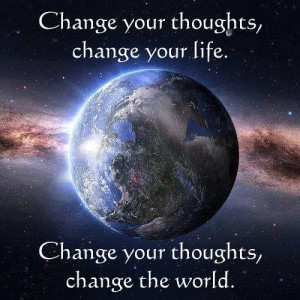 This is why, when the Buddha advised the Kalamas to know for themselves, one of the things he told them to know for themselves was how wise people would judge their behavior. When he advised his son, Rahula, to examine his own actions as he would his face in a mirror, he said that if Rahula saw that his actions had caused any harm, he should talk it over with a knowledgeable friend on the path. That way he could learn how to be open with others — and himself — about his mistakes, and at the same time tap into the knowledge that his friend had gained.
This is why, when the Buddha advised the Kalamas to know for themselves, one of the things he told them to know for themselves was how wise people would judge their behavior. When he advised his son, Rahula, to examine his own actions as he would his face in a mirror, he said that if Rahula saw that his actions had caused any harm, he should talk it over with a knowledgeable friend on the path. That way he could learn how to be open with others — and himself — about his mistakes, and at the same time tap into the knowledge that his friend had gained.
He wouldn’t have to keep reinventing the dharma wheel on his own.
So if you really want to become skillful in your thoughts, words, and deeds, you need a trustworthy friend or teacher to point out your blind spots. And because those spots are blindest around your unskillful habits, the primary duty of a trustworthy friend is to point out your faults — for only when you see your faults can you correct them; only when you correct them are you benefiting from your friend’s compassion in pointing them out.
Regard him as one who points out treasure,
the wise one who seeing your faults rebukes you.
Stay with this sort of sage.
For the one who stays with a sage of this sort,
things get better, not worse.
— Dhp 76
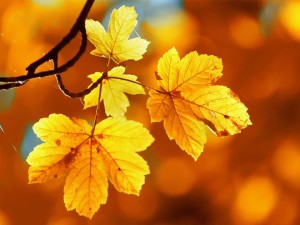 In passing judgment on your faults, an admirable friend is like a trainer. Once, when a horse trainer came to see the Buddha, the Buddha asked him how he trained his horses. The trainer said that some horses responded to gentle training, others to harsh training, others required both harsh and gentle training, but if a horse didn’t respond to either type of training, he’d kill the horse to maintain the reputation of his teachers’ lineage. Then the trainer asked the Buddha how he trained his students, and the Buddha replied, “In the same way.”
In passing judgment on your faults, an admirable friend is like a trainer. Once, when a horse trainer came to see the Buddha, the Buddha asked him how he trained his horses. The trainer said that some horses responded to gentle training, others to harsh training, others required both harsh and gentle training, but if a horse didn’t respond to either type of training, he’d kill the horse to maintain the reputation of his teachers’ lineage. Then the trainer asked the Buddha how he trained his students, and the Buddha replied, “In the same way.”
Some students responded to gentle criticism, others to harsh criticism, others to a mixture of the two, but if a student didn’t respond to either type of criticism, he’d kill the student. This shocked the horse trainer, but then the Buddha explained what he meant by “killing”: He wouldn’t train the student any further, which essentially killed the student’s opportunity to grow in the practice.
Read the rest of the essay here (you’ll be glad you did):
“The Power of Judgment”, by Thanissaro Bhikkhu.
Access to Insight (Legacy Edition), 1 December 2012,
http://www.accesstoinsight.org/lib/authors/thanissaro/power_of_judgment.html
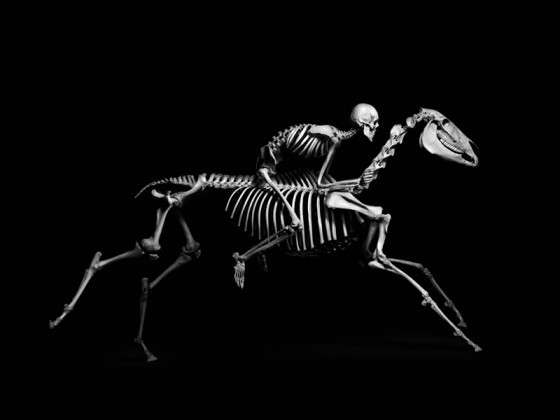
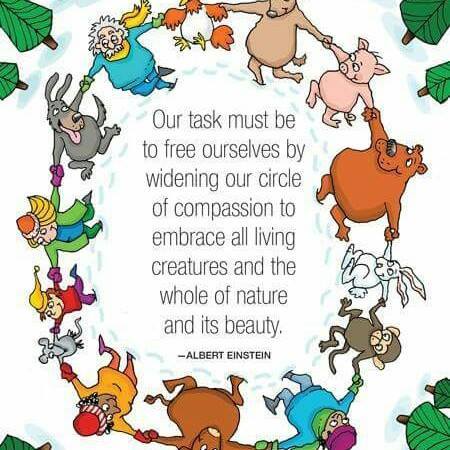

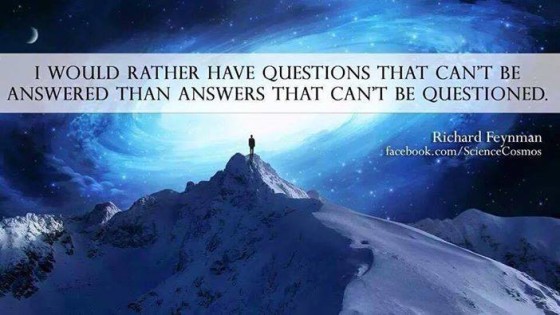
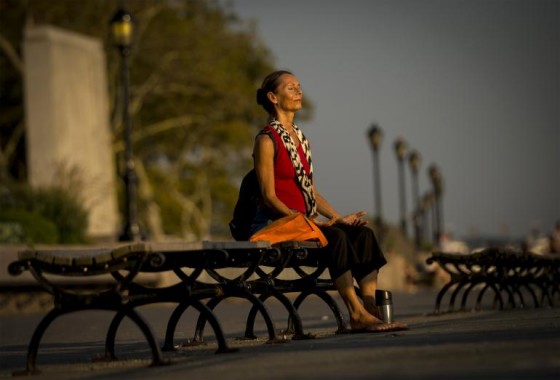
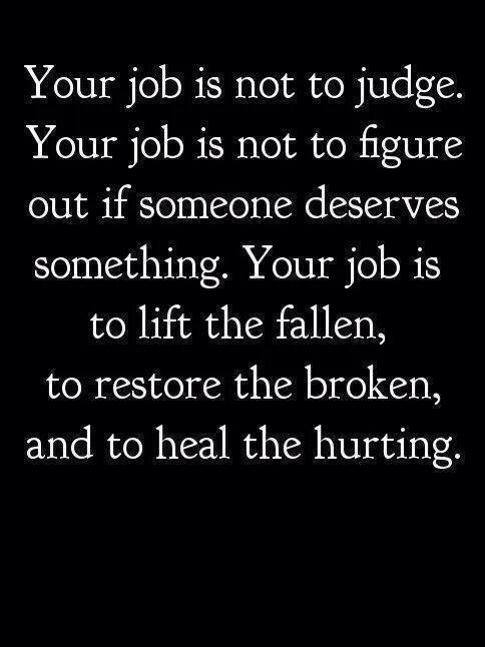
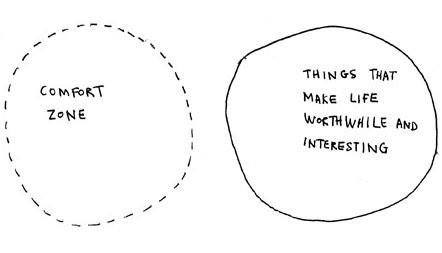
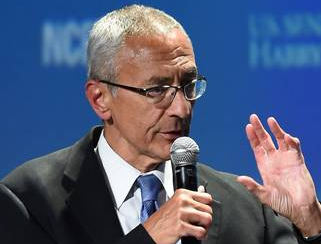
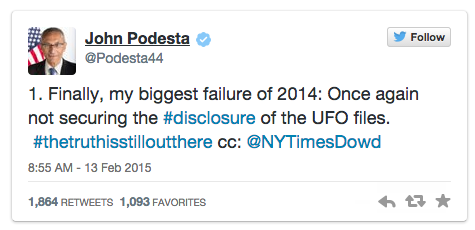
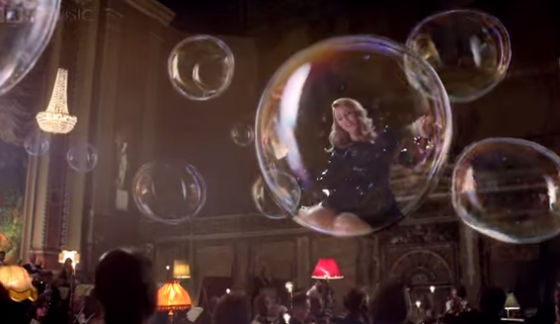

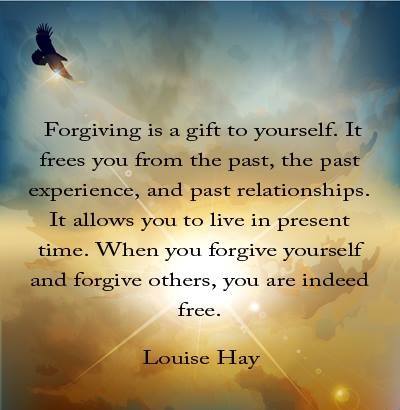

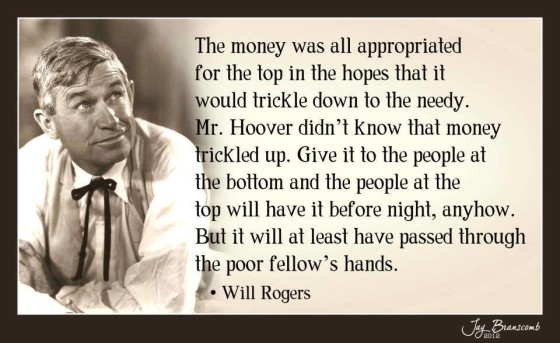
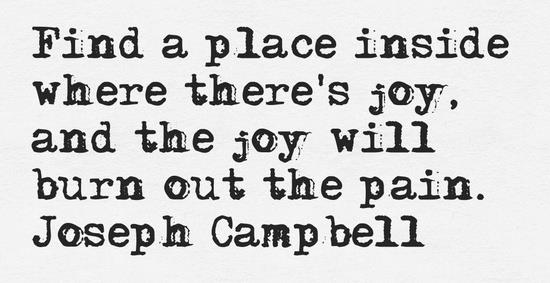
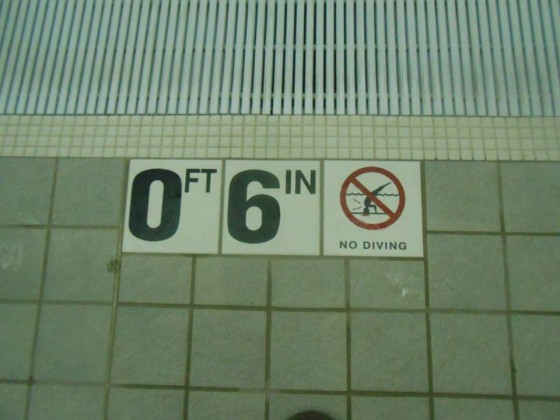
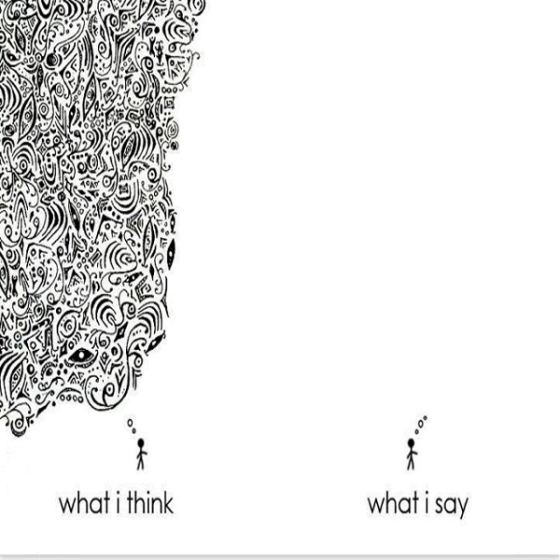
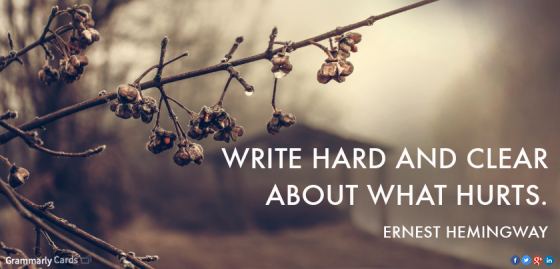
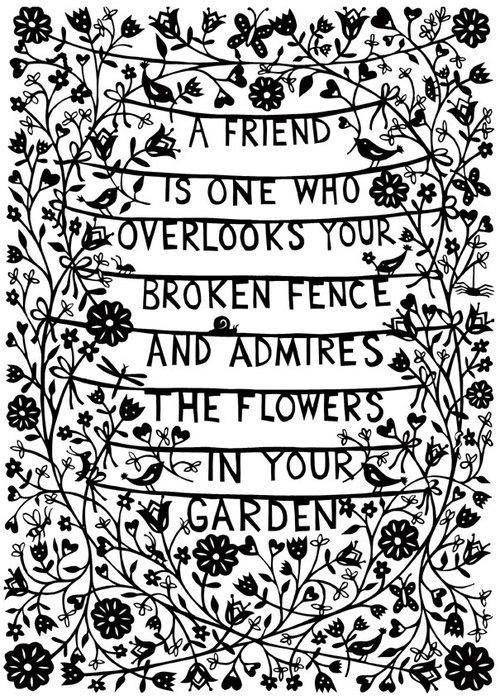

 Over the centuries, Brother Ian has been collecting stories & information & discourses for the purpose of elevating the human condition as needed, dissecting it when necessary, and building the case for hope.
Over the centuries, Brother Ian has been collecting stories & information & discourses for the purpose of elevating the human condition as needed, dissecting it when necessary, and building the case for hope.